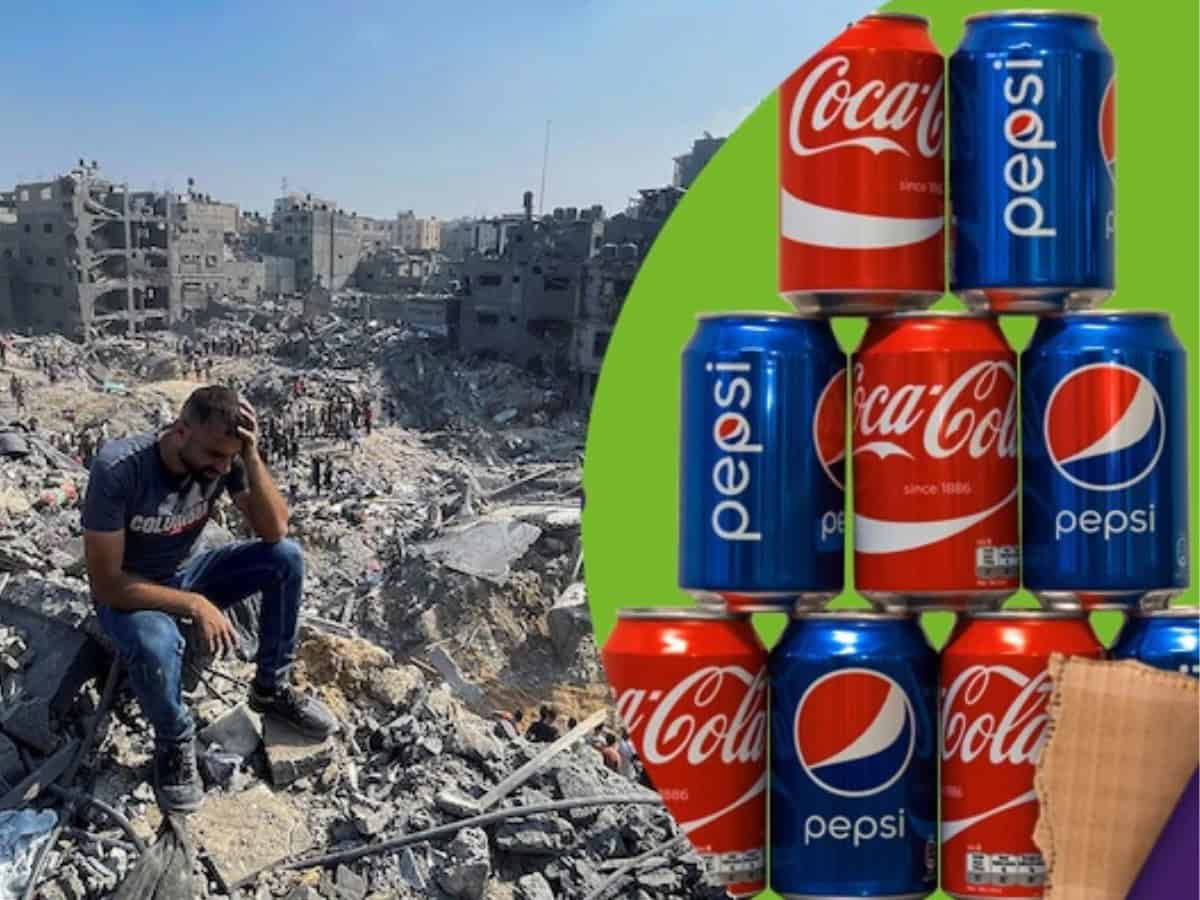
The boycott calls for Coke and rival PepsiCo has boosted the local soft drinks brands in several Muslim countries. The boycott campaign, led by Arab countries against the companies that support the Israeli occupation in Gaza has begun to show adverse effects on the stocks and their business.
Two prominent American company brands, Coca-Cola and PepsiCo which have spent millions of dollars over decades building demand in Muslim-Majority countries are facing now significant challenges from local soft drink brands due to consumers boycott for their reported links with Israel which have been committing genocide in Gaza and other occupied territories of Palestine since October 7 2023.
Impact on sales and market share
In Egypt, sales of Coke have dropped this year, while its local opponent V7 exported three times as many bottles of its own cola in the Middle East and the wider region than last year, as reported by Middle East Monitor.
According to market researcher NielsenIQ, Western beverage brands have suffered a 7 percent sales decline in the first half of 2024 across the Middle East.
In Bangladesh, a mass level of outcry forced Coca-Cola to cancel an ad campaign against the boycott.
Meanwhile, in Pakistan, local soft drink brands like Cola Next and Pakola have soared in popularity, accounting for about 12 percent of the soda category on delivery app Krave Mart, up from around 2.5 percent before the boycott.
Consumer Sentiment
Consumers on a mass level across the globe are boycotting Coca-Cola and PepsiCo in response to the US government’s long-standing support for Israel, including the ongoing Gaza conflict.
On 14 November 2023, an Al Jazeera video report shows Muslim shopkeepers refusing to stock popular products like Pepsi, Coca-Cola, etc. in solidarity with Palestine and its people.
Mohammad Nadeem, a shopkeeper in a north Indian state, said the boycott will definitely affect his income but it will also impact Israel and the United States. “When we boycott this, it will impact their economy in some way, and it has already begun,” he added.
Many locals have also decided not to buy Israeli and US products. The video also features a nine-year-old boy who is clear he does not want any more wars. “After I heard about the genocide in Gaza, I stopped buying these products. Iconic brands which we love have become violent. The money they are making is used to support the Israeli government. I don’t want any more violence,” he told Al Jazeera.
He says that the change is visible when his customers willingly ask for alternatives to the banned products. “The demand that used to exist earlier has also disappeared now,” he said.
Pakistani corporate executive Sunbal Hassan kept Coke and Pepsi off her wedding menu in Karachi in April. She said she didn’t want to feel her money had reached the tax coffers of the United States, Israel’s staunchest ally. “With the boycott, one can play a part by not contributing to those funds. Instead, I served wedding guests the Pakistani brand Cola Next, Hassan said quoted by Dawn.
Corporate responses
Despite the boycott calls PepsiCo’s CEO Ramon Laguarta jas claimed that such boycotts do affect beverage sales in some countries including Lebanon, Pakistan, and Egypt. Coca-Cola has also declared that they do not sponsor militaries in Israel as well as other countries, attempting to distance itself from the political implications of the conflict
Local cola brands have adapted their marketing strategies and appeal to consumers looking to support domestic products during these politically charged times. Cola Next changed its ad slogan in March to “Because Cola Next is Pakistani,” emphasising its local roots.



